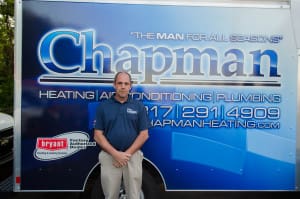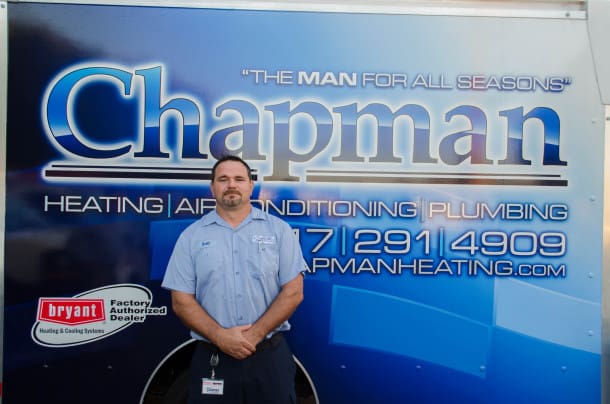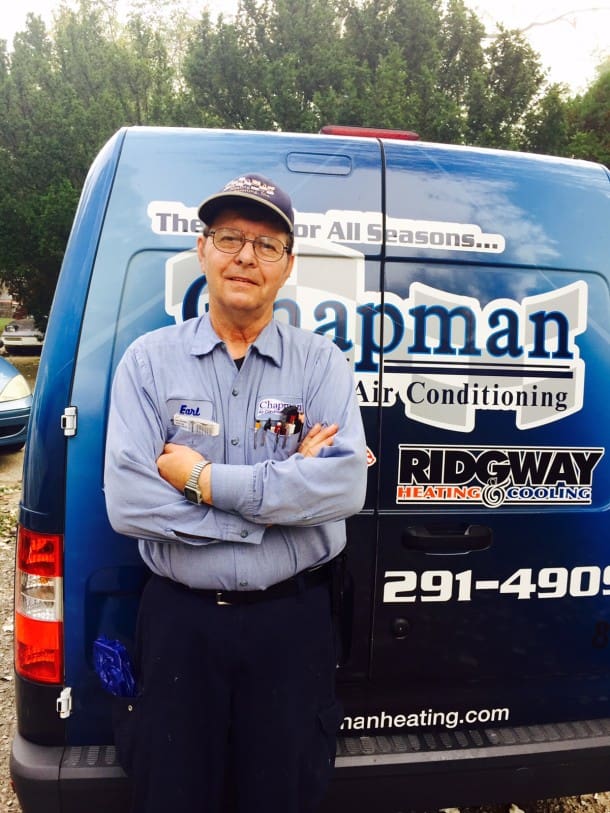
- Heating
-
-
-
Financing Options Available
Flexible financing options so you can get back to taking care of what matters most to you.
Priority Maintenance
Our regular maintenance plan ensures your system is ready for the seasons ahead.
-
-
- Air Conditioning
-
-
-
Financing Options Available
Flexible financing options so you can get back to taking care of what matters most to you.
Priority Maintenance
Our regular maintenance plan ensures your system is ready for the seasons ahead.
-
-
- Plumbing
-
-
-
Financing Options Available
Flexible financing options so you can get back to taking care of what matters most to you.
Priority Maintenance
Our regular maintenance plan ensures your system is ready for the seasons ahead.
-
-
- Sewer & Drains
-
-
-
Financing Options Available
Flexible financing options so you can get back to taking care of what matters most to you.
Priority Maintenance
Our regular maintenance plan ensures your system is ready for the seasons ahead.
-
-
- Air Purification
-
-
-
Financing Options Available
Flexible financing options so you can get back to taking care of what matters most to you.
Priority Maintenance
Our regular maintenance plan ensures your system is ready for the seasons ahead.
-
-
- Commercial
-
-
-
Financing Options Available
Flexible financing options so you can get back to taking care of what matters most to you.
Priority Maintenance
Our regular maintenance plan ensures your system is ready for the seasons ahead.
-
-
- Deals
- About Us
- Resources
- Contact Us
- Schedule Online
- Or Call (317) 207-9378











